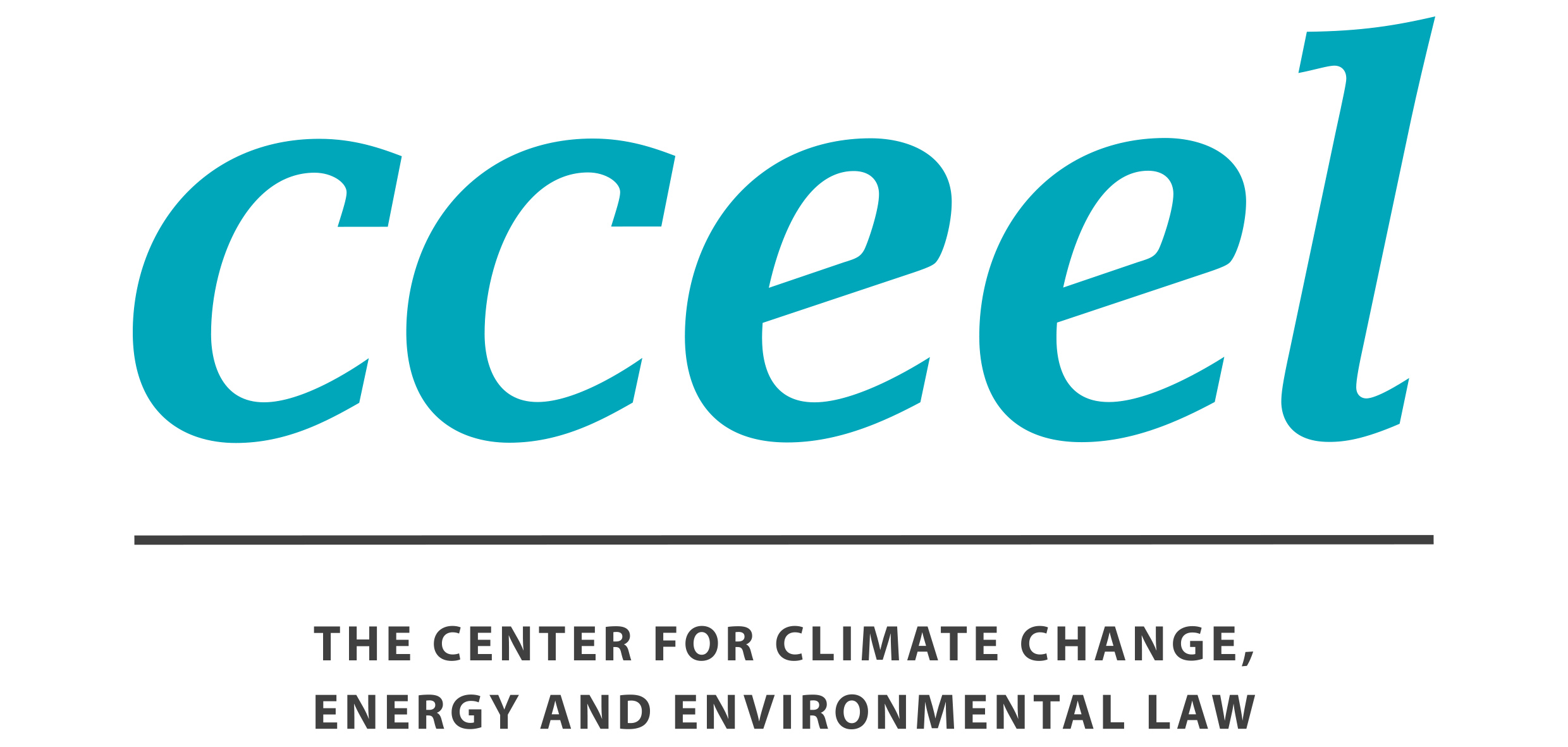The impact of EU chemicals policy and legislation on green transformations in the pharmaceutical sector in the EU (PharGTrans)
PharGTrans examines the cross-cutting effects of EU chemicals policy and legislation – in support of green transformations – on the practices of pharmaceutical actors and how different actors perceive the depth of green transformations needed. This project is funded by the Research Council of Finland.
Pharmaceutical pollution has become a concern due to global threats such as antimicrobial resistance. It has a pervasive environmental impact and indirectly affects many of the Sustainable Development Goals. To tackle health risks at the animal-human-ecosystem interface requires a combination of source-oriented, use-oriented, and end-of-pipe measures. The most important and effective interventions are source-oriented, such as a green(er) design and production of pharmaceuticals. However, this will require transformation(s) by many pharmaceutical actors in the EU, as well as interdisciplinary effort to support new design and production approaches. At present, not only is there little cross-disciplinary interaction, but the cross-cutting effects of other policies and legislation are largely ignored in the pharmaceutical sector. Moreover, there are few empirical studies on how different actors are implementing green transformation in practice.
PharGTrans aims to address these gaps by examining the cross-cutting effects of EU chemicals policy and legislation – in support of green transformations – on the practices of pharmaceutical actors and how different actors perceive the depth of green transformations needed. The research is grounded on an interdisciplinary collaboration between researchers in (environmental) law, pharmacy, and environmental science. The knowledge generated can be used to inform EU and national chemicals and pharmaceutical policies and to support deep green transformations in practice.

